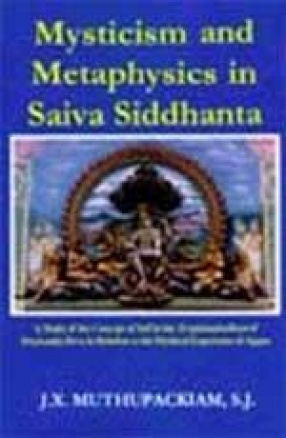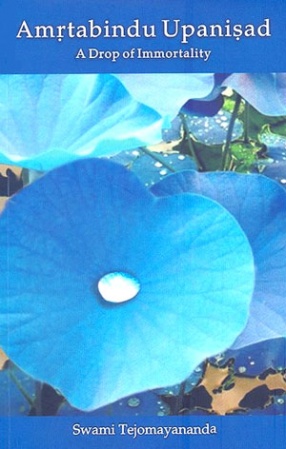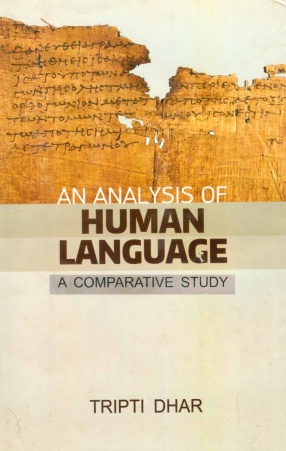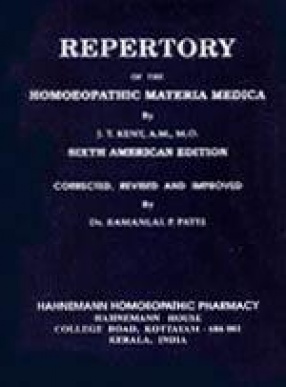When a mystic verbalizes his experience, especially in rhythmic verses, often he/she may fall short of the academic precision of a philosopher or a theologian. But in the final analysis it will be seen that both have been referring to the same reality notwithstanding the terminological differences. Hence the Tamil Saivite saying: "Whatever is in the doctrine, is already there in the hymns." During the sixth century of the Christian era, when the heterodox faiths of Jainism and Buddhism almost obliterated the native faith of Saivism in South India, the faith of the ordinary folks was sustained by the Nayanmars who propagated the doctrines of Saivism in and through their songs and hymns. Of the Nayanmars Appar exhibits a rare maturity of thought combined with the apostolic zeal of a convert. The sublime experience of the mystical union with Lord Siva was the centre of his life and its driving force. Thanks to divine illumination, the saint could see himself and all around him in a new light. From his hymns can be gleaned the various concepts and ideas which express, directly of indirectly, his understanding of the Godhead, the self, the body and the world. The study presented here begins with a phenomenological analysis of mystical experience in general. The life of Appar is then scrutinized on the basis of this analysis, establishing that the saint did have genuine mystical experience. Off and on this experience finds its copious outpourings in Appar’s hymns. The study then delineates from Appar’s hymns his views on the divine indwelling, on the body and the senses thereof which assist as well as assail. With these as the foundation the author then proceeds, after a brief examination of the concept of self in the various schools of Indian thought, to the proofs Meykanda Deva adduces in support of the existence of the self. This is followed by an examination of what Meykanda says about the nature and attributes of the self, about pasa, anavamala, the nature of maya, mayamala, the tattvas, sadhana and its effects, and about the nature of mukti. The study shows how, in spite of the purely philosophical terminology used, Meykanda’s doctrine of the self had already been experienced by Appar as his hymns unmistakably testify to.
Mysticism and Metaphysics in Saiva Siddhanta
In stock
Free & Quick Delivery Worldwide
reviews
Bibliographic information
Title
Mysticism and Metaphysics in Saiva Siddhanta
Author
Edition
1st Ed.
Publisher
ISBN
8185574235
Length
xvii+375p., Append.; Gloss.; Index.
Subjects





There are no reviews yet.